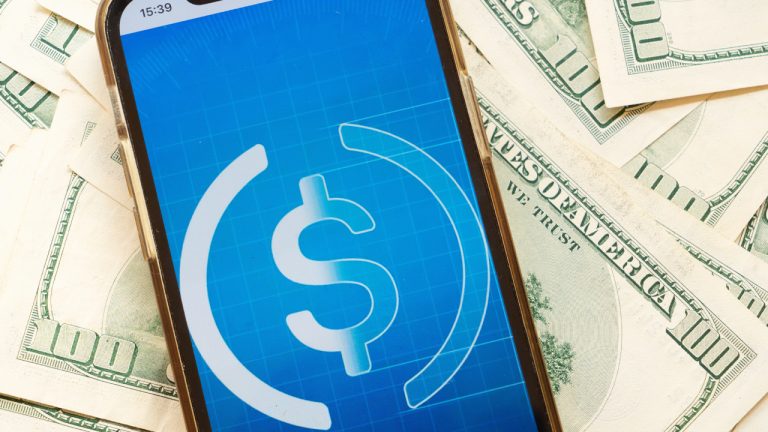
On June 15, the San Francisco-based cryptocurrency exchange Coinbase announced that customers can now earn 4% rewards on the stablecoin USDC. The news follows Coinbase’s current dispute with the U.S. Securities and Exchange Commission (SEC) over the firm’s staking-as-a-service product.
Coinbase Rolls Out 4% Stablecoin Rewards for Global Customers, Except Hawaii Residents
Coinbase is now allowing users to earn 4% rewards by holding USDC on the centralized cryptocurrency trading platform, according to a Thursday announcement. “Grow your savings with a rewarding, secure digital dollar,” Coinbase announced. “Global Coinbase customers can now earn 4% rewards on USDC.” Coinbase explains that as little as $1 in USDC can be held on the exchange to earn rewards.
Coinbase’s most recent USDC rewards service comes in the wake of the exchange being sued by the SEC. The complaint alleges that the firm “failed to register its staking-as-a-service program as required by securities laws.” Additionally, the Alabama securities regulator contends that Coinbase violated state securities regulations by “offering its staking rewards program accounts to Alabama residents without a registration to offer or sell these securities.”
Regarding the recent USDC rewards service, Coinbase specifies that the annual percentage rate (APR) of 4% is subject to change. “The rewards rate is subject to change and can vary,” the exchange explained on Thursday. “Customers will be able to see the latest applicable rates directly within their accounts.”
The Coinbase rewards program is accessible in 71 countries, including the United States, but excludes residents of Hawaii. To participate, Coinbase customers must be verified at tier two, the exchange’s latest announcement concludes.
What are your thoughts on Coinbase’s decision to offer 4% rewards on USDC amidst its ongoing dispute with the SEC? We’d love to hear your perspective in the comments section below.
by Jamie Redman via Bitcoin News
Comments
Post a Comment